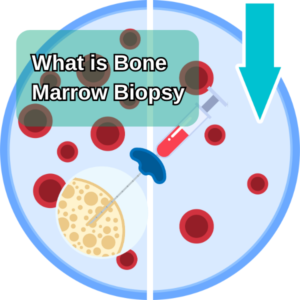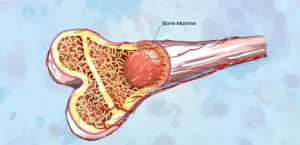+90 533 813 89 77
info@bookingforhealth.com

Whats Bone Marrow Donation?
Bone Marrow Transplant: A Special Gift Saving Lives
is a treatment method that gives hope to individuals facing serious illnesses, such as leukemia and lymphoma. However, finding a suitable donor for this treatment can sometimes be challenging.
It involves taking healthy bone marrow or blood stem cells from a donor and transplanting them into the patient. This process helps stop the spread of the disease and strengthens the immune system.
Those who wish to donate can usually register with a blood bank, and this registration includes compatibility tests.
Donating is not just an act of kindness; it is also a wonderful opportunity to save someone’s life. Taking this step carries the chance of becoming a true hero and making a significant impact on someone’s life.

Bone Marrow Baby: The Story of Little Heroes
Bone Marrow Babies, the endearing term for tiny heroes that warms our hearts. This unique treatment involves extracting healthy bone marrow or blood stem cells from willing donors, typically registered with a blood bank after compatibility tests.
Those who want to donate usually register with a blood bank. This registration includes conducting compatibility tests to ensure the suitability of a donor.
The treatment strengthens the health of these little heroes and assists in their recovery. Donors feel the specialness of touching the lives of these little heroes during this process.
In conclusion, bone marrow baby treatment is a beautiful process that helps these little heroes regain their health. Donors understand how meaningful it is to contribute to the journey of healing for these little heroes.
MarrowBone Edema: Accumulation of Fluid in the Bones
is a condition characterized by an abnormal accumulation of fluid in the bones. This typically occurs as a result of an injury, inflammation, or other health issues. Doctors diagnose this condition using special tests like X-rays, magnetic resonance imaging (MRI), or computed tomography (CT) scans. The abnormal fluid accumulation in the bones can lead to symptoms such as pain, swelling, and sometimes difficulty in movement. Treatment usually involves rest, anti-inflammatory medications, and physical therapy. When appropriately treated, bone marrow edema generally tends to improve. However, the treatment process can vary depending on the specific circumstances.



